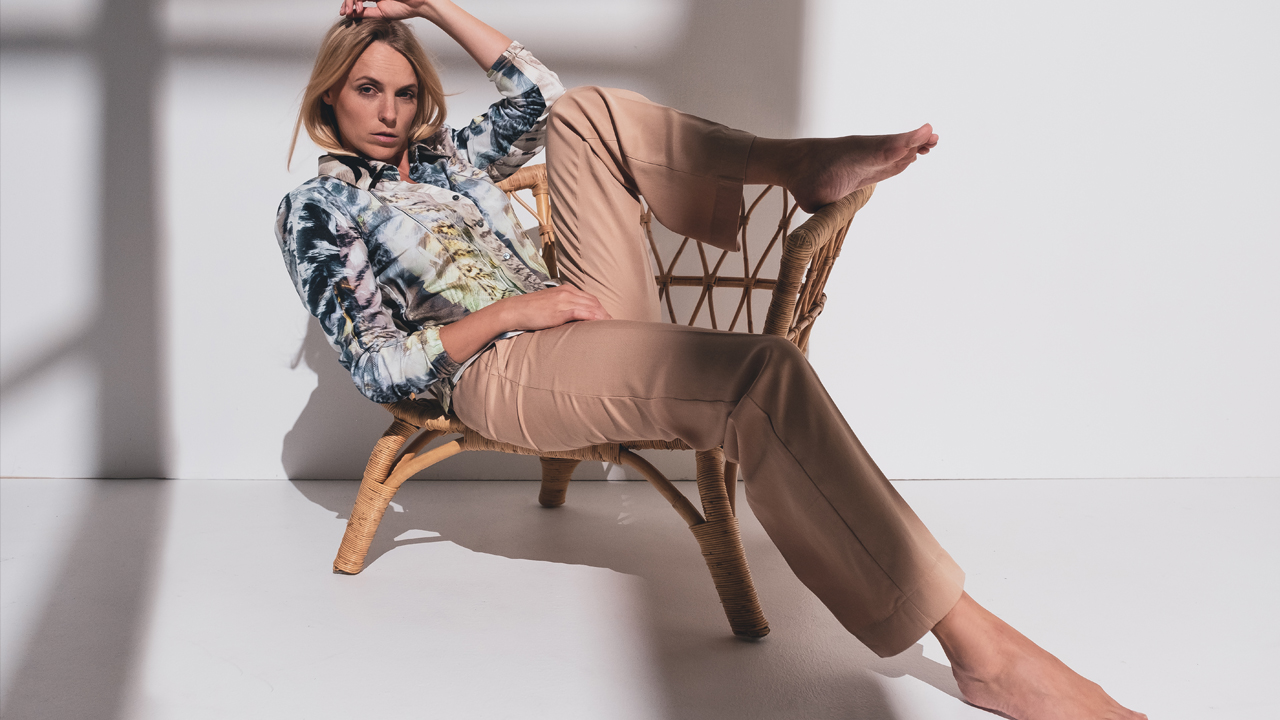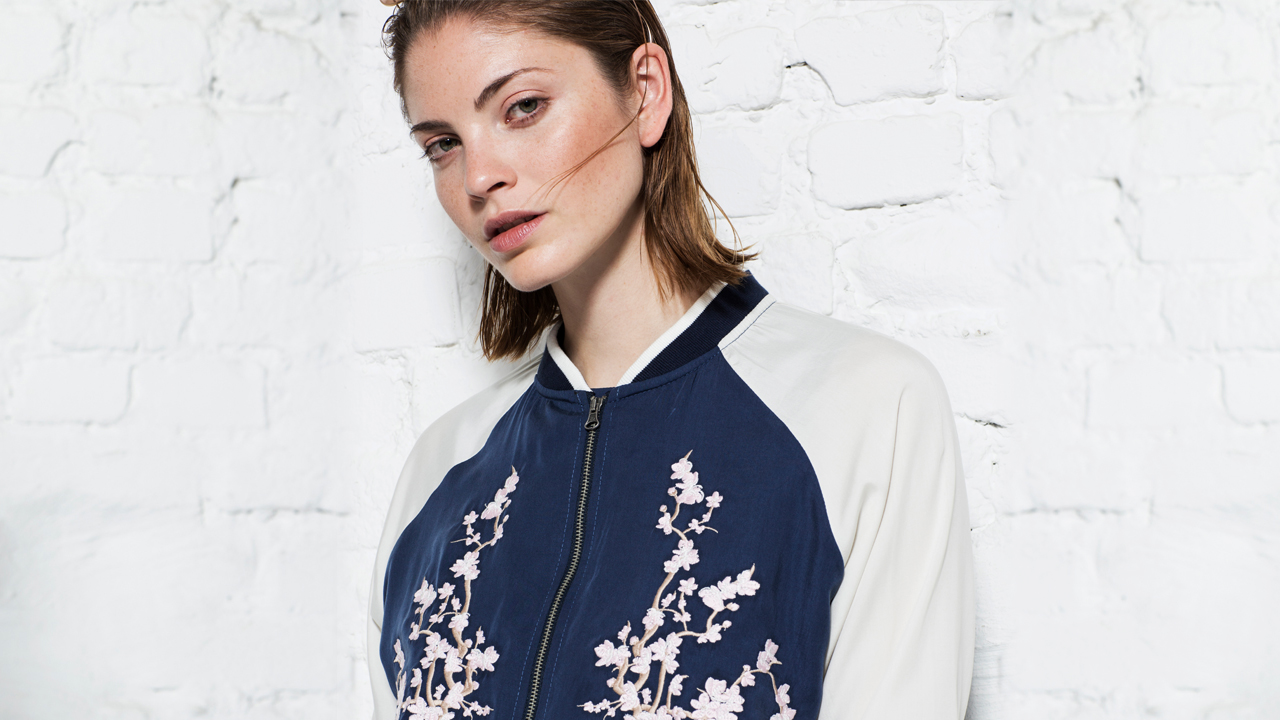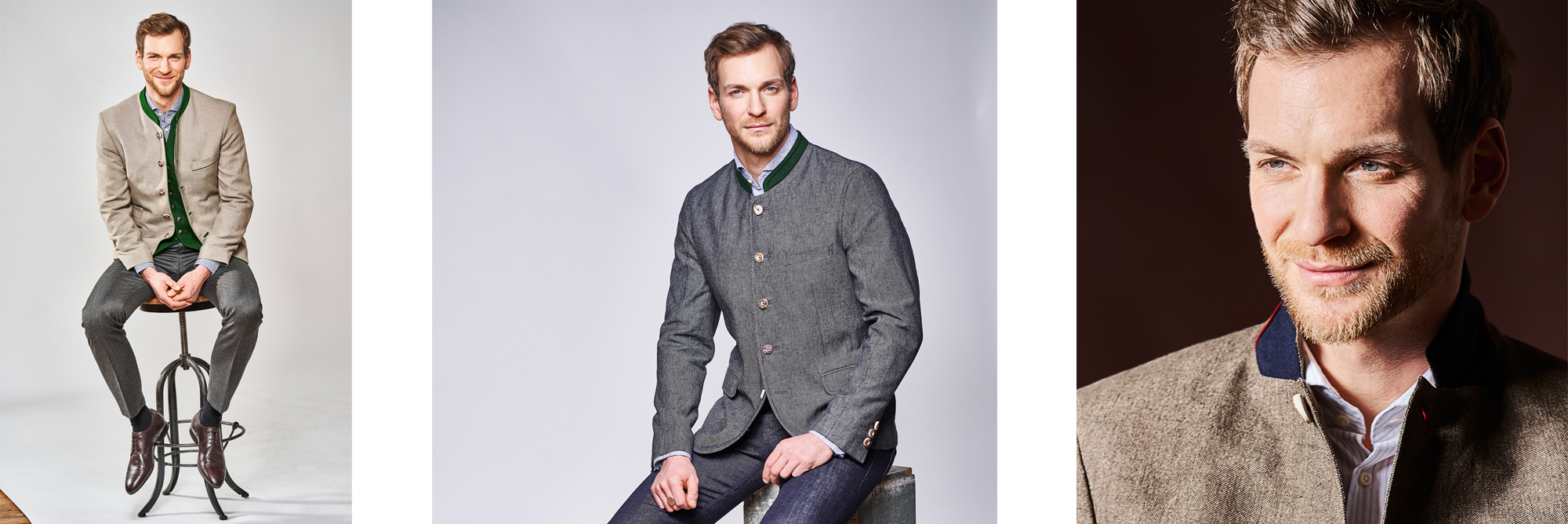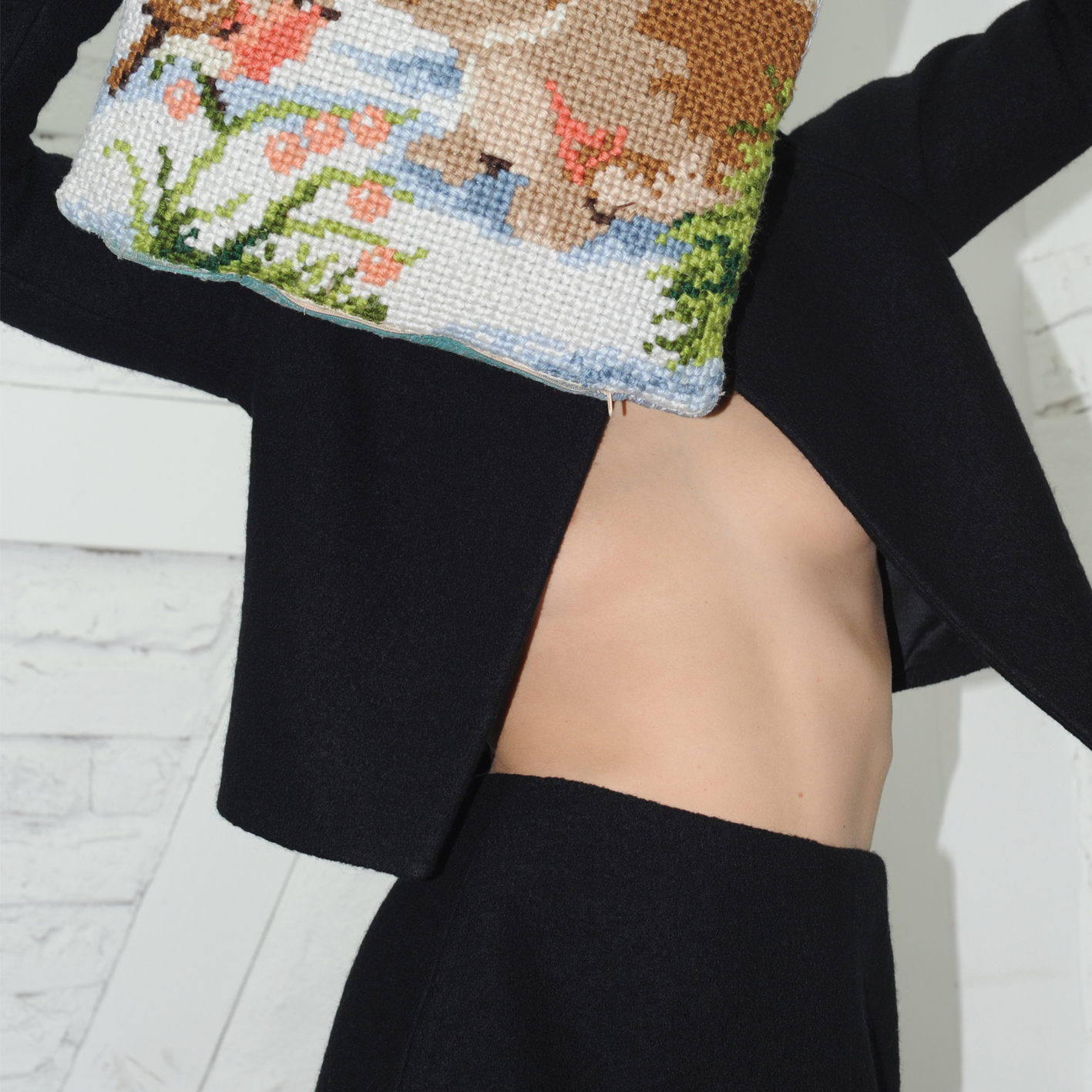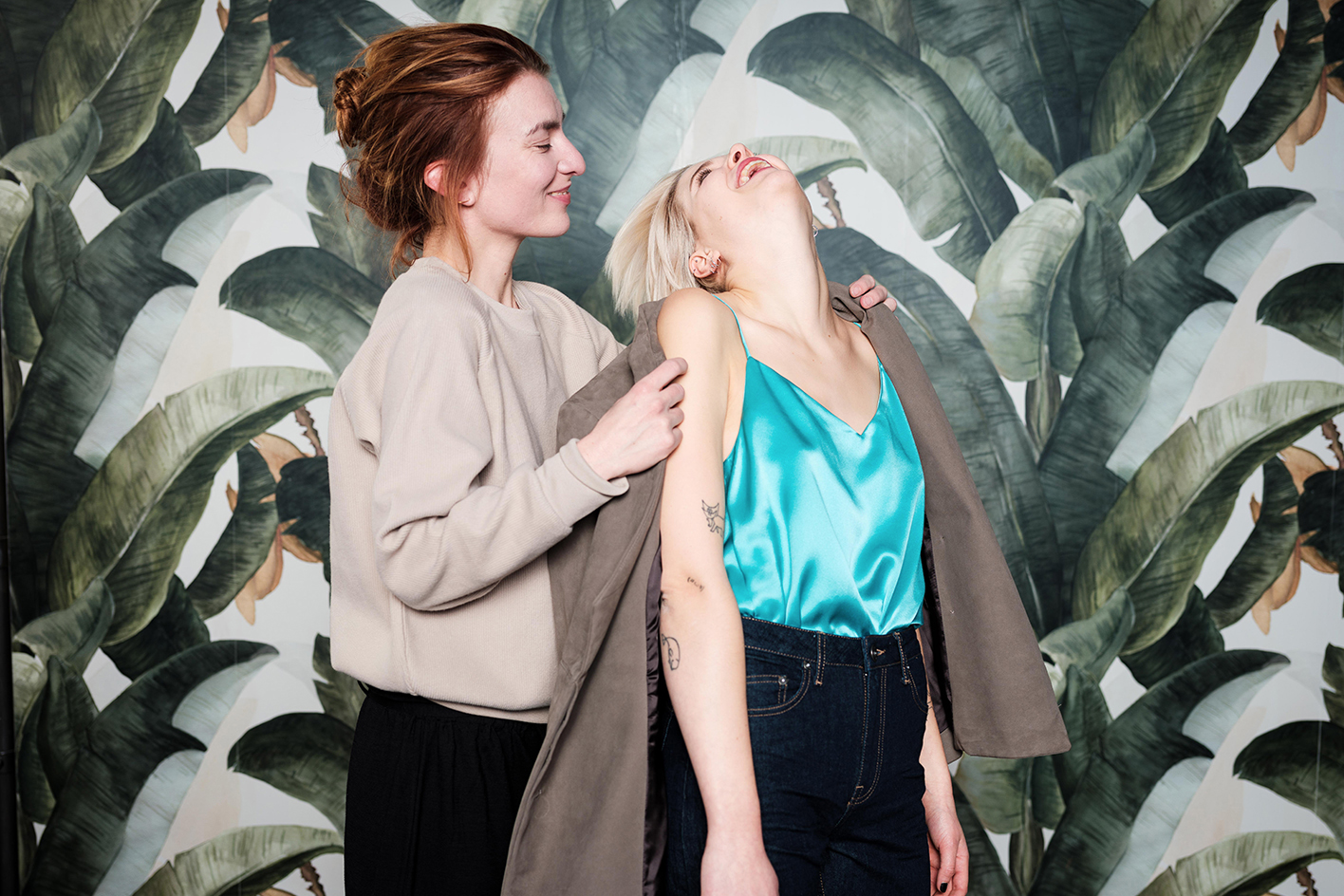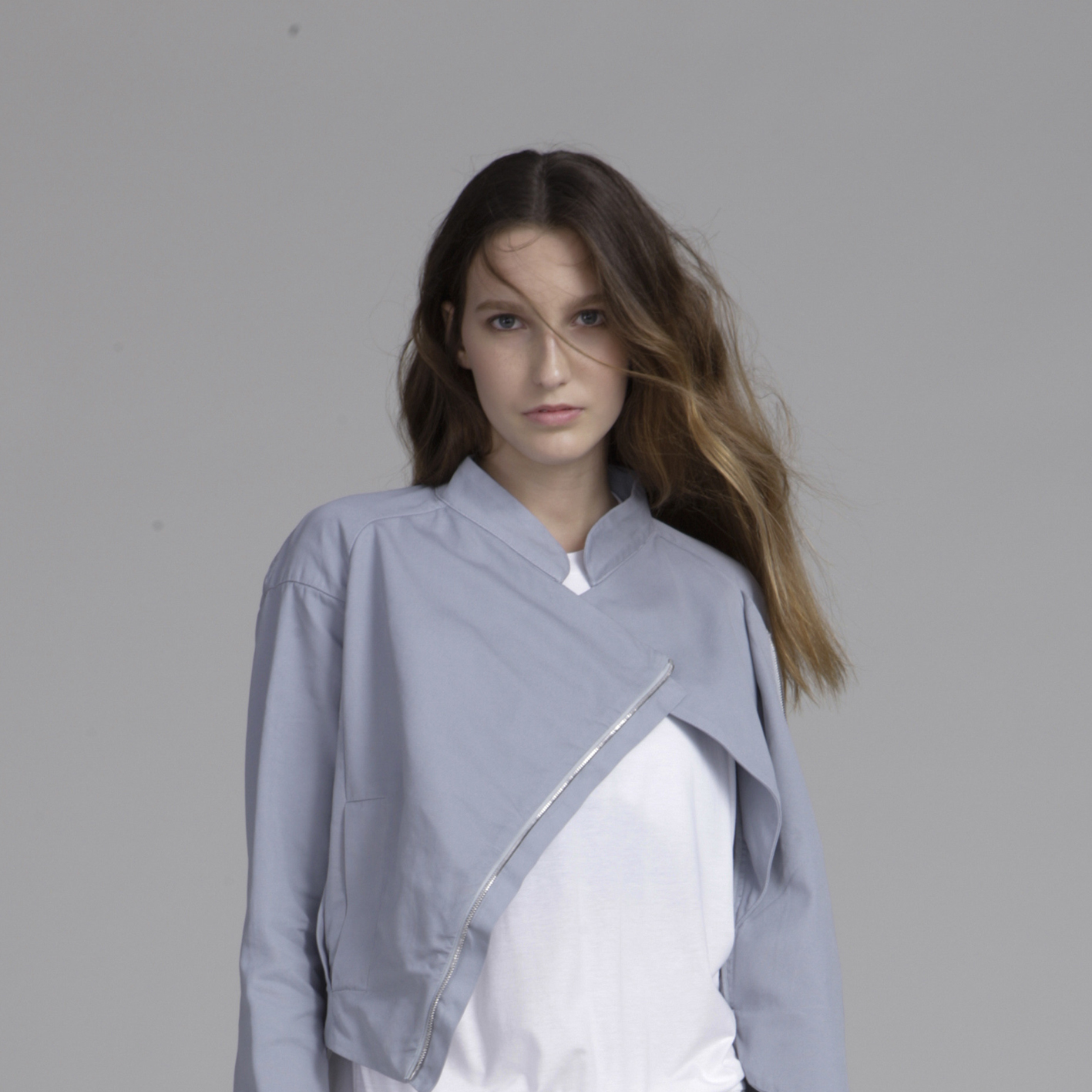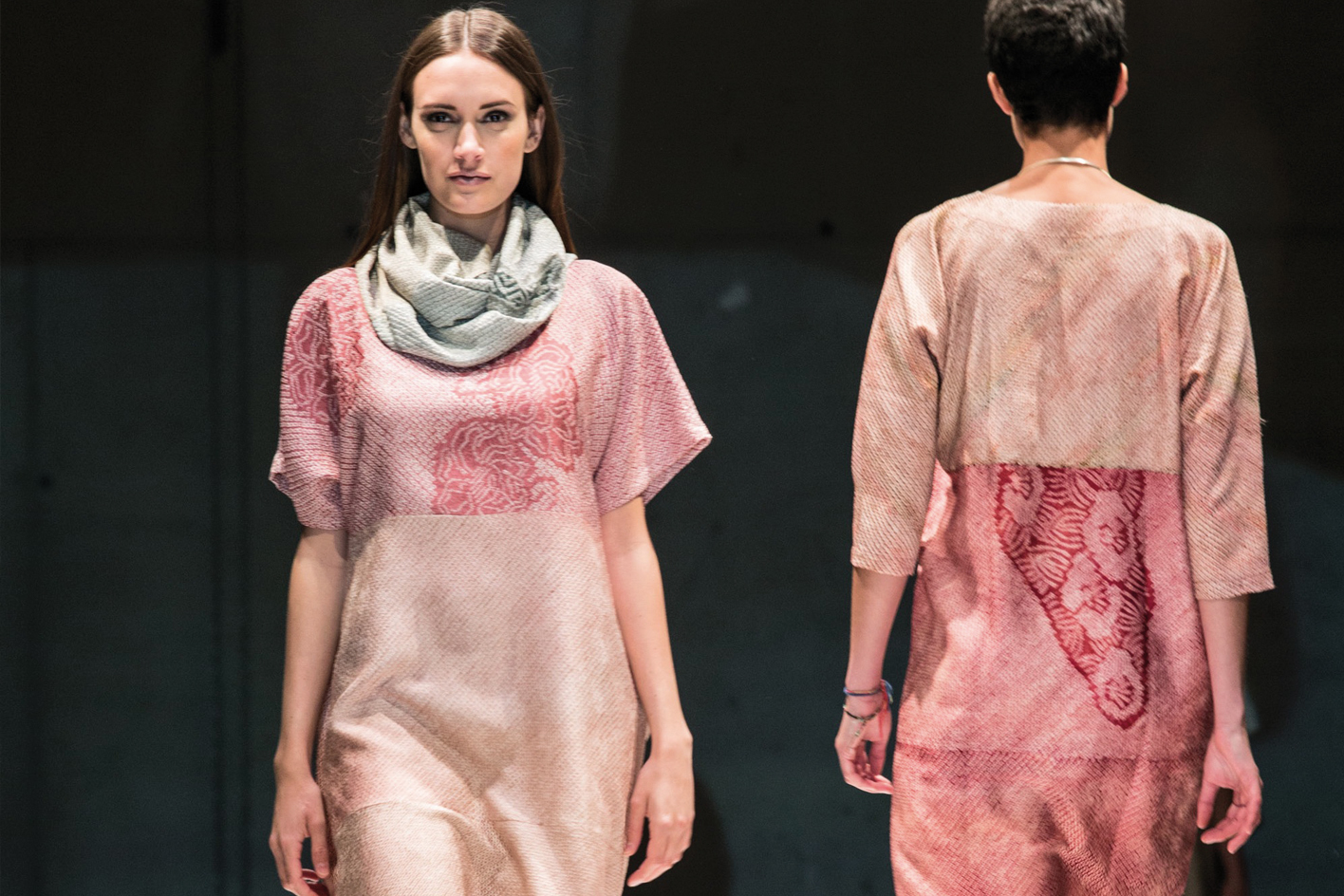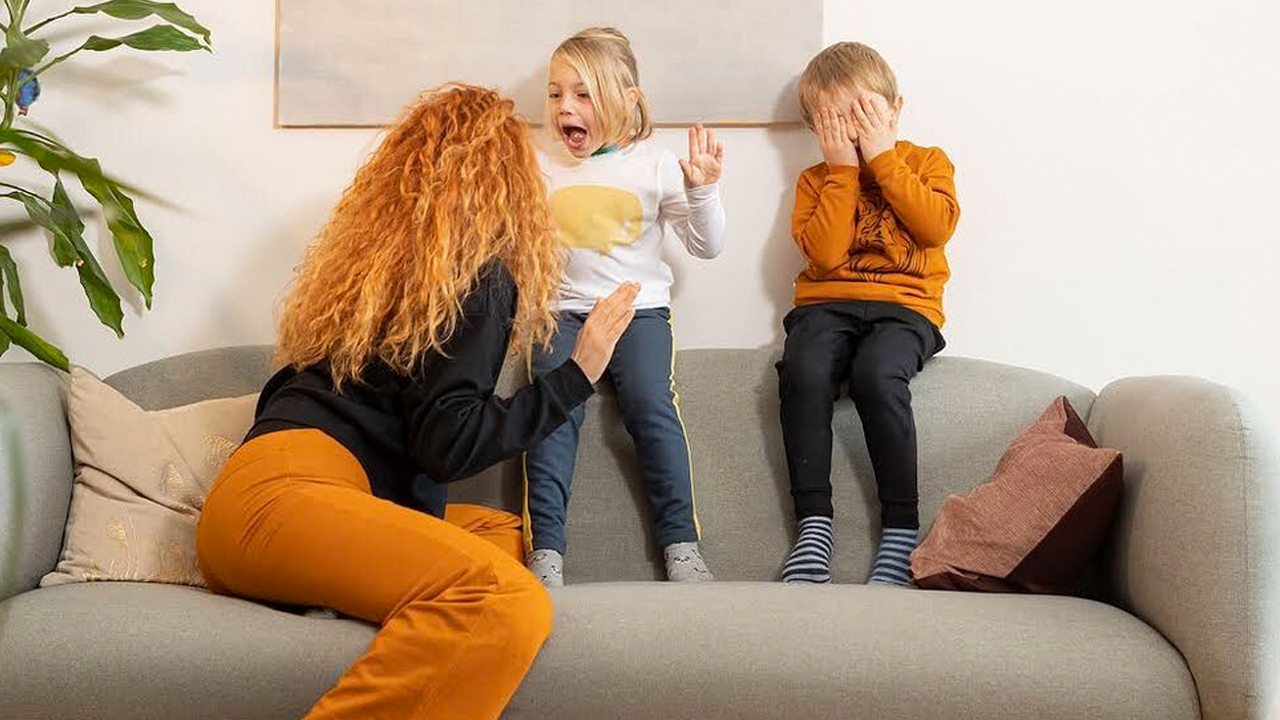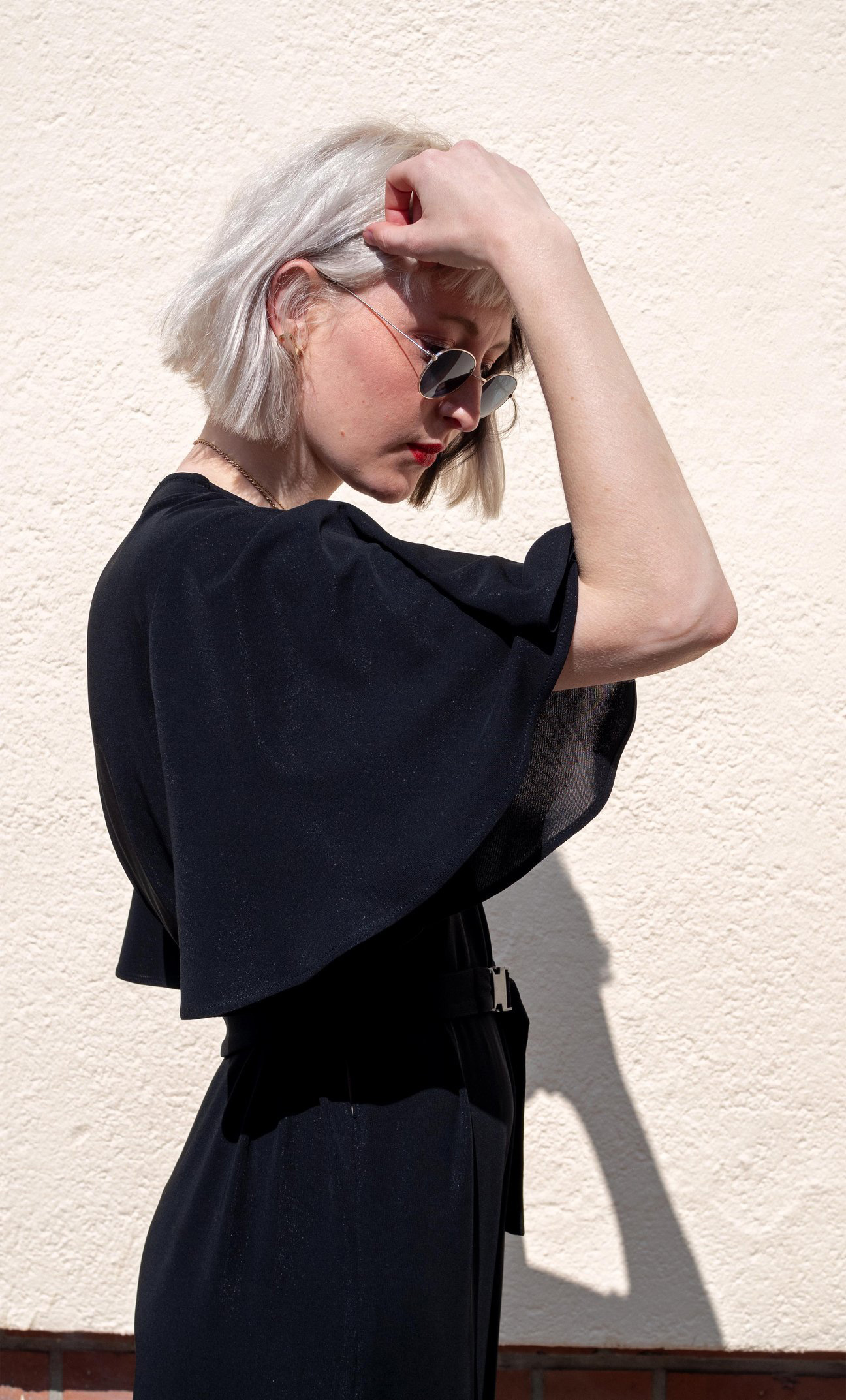A lot of professional experience in the clothing industry as well as numerous trips to production countries have shown Karin Schönbuchner that there is a lot going on in the fashion industry. So what to do if you love fashion, but can’t cope with conventional production conditions? Clear. Establish your own label.
Continue readingwunderwerk – 100% nature, 150 % style
With his extra high demands on sustainability, wunderwerk founder Heiko Wunder does not always have it easy. It’s not about “easy” either. He wants to optimize what can be optimized and therefore for his brand, founded in 2013, consistently refrains from anything that harms people, animals or nature. The result? Sustainable style that easily plays in the big leagues.
Continue readingBELLE IKAT
Bright colors, iconic patterns, each fabric is unique – inspired by the stories of cultures, the label BELLE IKAT from Mannheim has been combining traditional craftsmanship with contemporary cuts in its seasonless dresses, tunics and scarves since 2018.
Continue readingLODENFREY
Since 1842, traditional fashion house, LODENFREY, from Munich has stood for the latest trends in the fashion world as well as with traditional fashion and classics for every age group.
Continue readingSepideh Ahadi
Layered coats, pants that transform into jumpsuits, asymmetrical cuts for blouses, dresses and skirts – the designer from Berlin, Sepideh Ahadi, with her Iranian roots is the symbol of a true melting pot of cultures. With her minimalist, innovative ready-to-wear designs, she picks up on social issues to encourage her clients to see fashion in a different context.
Continue readingYAR
We love fashion like we love the circus, but we’re sick of the ubiquitous fashion circus.” This statement on YAR’s website is what they stand for. YAR – three women of different professions, pursuing a common vision and creating alternatives to fast fashion.
Continue readingStay Awhile
Rent what you like; buy what you really love. Thekla Wilkening has long been aware that renting is the new way to buy. Since 2019, the co-founder of the clothing store, Germany’s first fashion rental concept, has been bringing her expertise in borrowed clothing to her project, Stay Awhile.
Continue readingRE-BELLO
RE-BELLO was the first fashion label “Made in Italy” to address concepts such as responsibility and innovation by combining style, high quality design and fashion with respect for environmental issues. Even years after its foundation, the brand continues to show that sustainable + minimalist can be a successful concept.
Continue readingALILA
Barbara Lindner is a cultural manager. Yet, since 2008, her label ALILA (Sanskrit: “surprise”) has been deconstructing Japanese kimono silk with local master tailors to create unique dresses, bags and scarves with history.
The impressive selection of gorgeous kimono fabrics is the result of Barbara Lindner’s years of collecting. Early on, she collected fabrics from all over the world and brought them to Vienna.
„The appreciation of textile traditions and craftsmanship is one aspect of sustainability.”
The idea to create her own brand was triggered by a gift from a friend who was enthusiastic about traditional textile art. The resounding success of her first designs among her friends finally led to the founding of the label, and Barbara began to turn her XL collecting passion and appreciation for traditional textiles into a profession. The worn garments are thus given a brilliant second chance. Where does she get the precious fabrics from? Through personal contacts, which she maintains with Japanese flea markets and second-hand shops.
ALILA – Clothing with character and individual history
The kimono fabrics are not new. ALILA does not regard textile flaws as faults, but as charming features because each piece has a distinctive character and tells an individual story.
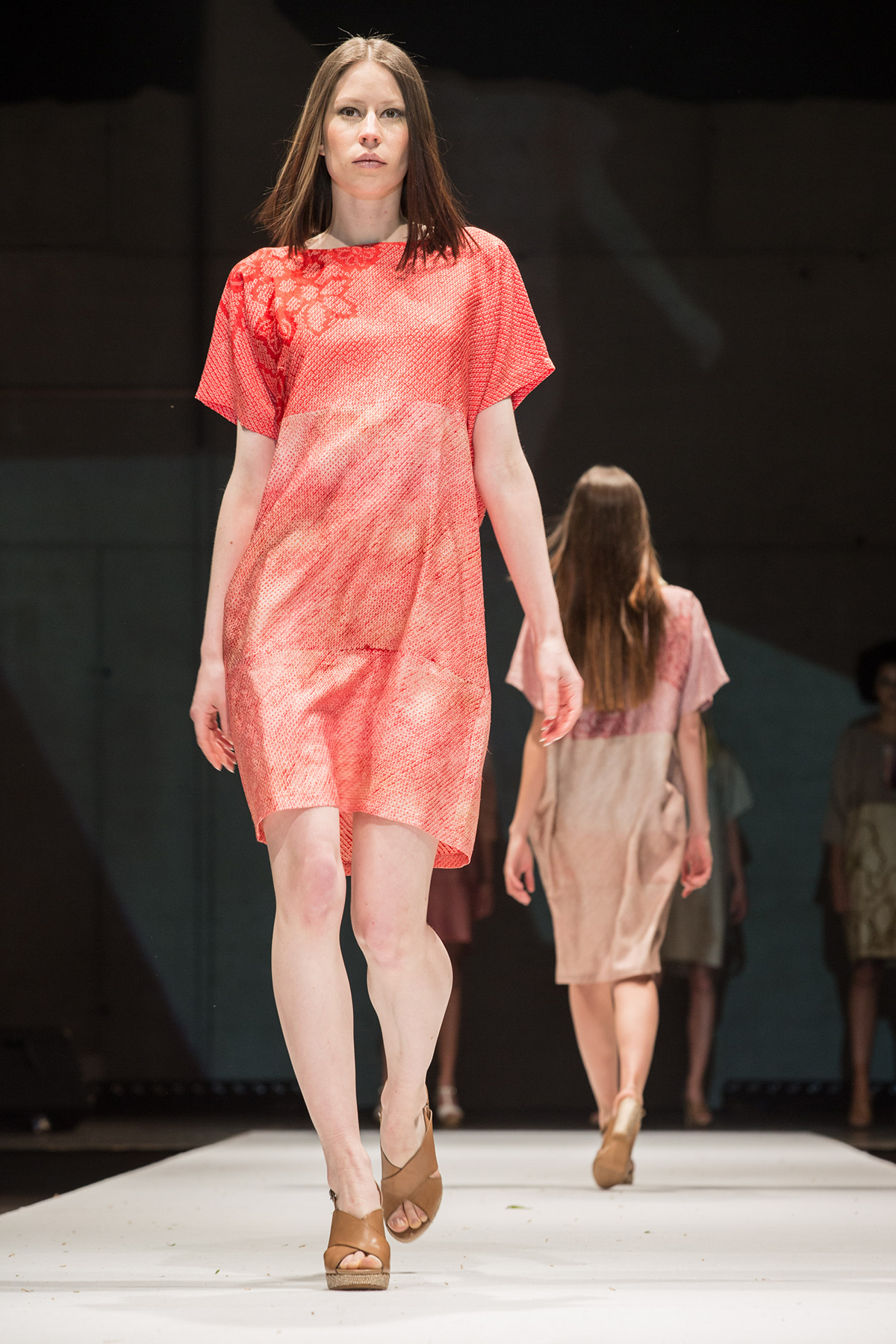
Japanese silk x „Mühlviertler“ organic linen
Because this type of vintage fabric is becoming increasingly rare, the ALILA founder combines traditional Japanese textiles with new fabrics from sustainable or local production. The portfolio includes “Mühlviertler” organic linen, plant-dyed wool from Austria as well as plant-dyed Peacesilk (Ahimsa silk) and hand-woven Indian organic cotton.
“I have stopped justifying my prices when compared to prices of fashion chains.”
The vintage fabrics have come a long way before they land on the sewing table. Production is carried out under socially fair conditions by a small team in Vienna.
More about ALILA. Click here
CORA happywear – by mothers for mothers & children
It is thanks to the siblings Elisabeth and Daniel Tocca that sustainable fashion is an issue in South Tyrol. While Daniel founded his label Re-Bello in 2013 after long preparations and thus became the first sustainable fashion brand made in Italy, Elisabeth Tocca founded her mother-child label CORA happywear, inspired by her younger brother.
Continue readingCHLOÉ vd
Old is the new New is proven by Chloé vd’s with inspiring clothing. Colorful and wonderfully unique silk dresses and blouses are made by Katja von Döring together with the Iranian master tailor, Negin Palang Poshtian, in her studio in Schwäbisch Hall.
New favorite pieces made from artistic vintage silk scarves.
Originally, founder of CHLOÉ vd, Katja von Döring, studied classical guitar and thereafter worked as a guitarist. Today, together with master tailor – Negin Palang Poshtian, who worked as the manager of a factory until her escape from Iran – she produces artistic and sustainable garments in Schwäbisch Hall from used and recycled vintage silk scarves.
Bei CHLOÉ vd ist alt ist das neue Neu.
No new resources are being used for the flowy maxi dresses with refined décolleté, fluttering trumpet and puff sleeves. Her fabrics come exclusively from vintage and second-hand shops, where she lovingly tracks down the silk scarves.
At CHLOÉ vd, large daisies meet juicy watermelons, floral prints and graphic patterns. Paired with an extra portion of color, each piece becomes an unmistakable unique garment. So what inspired the founder? The diverse Japanese tradition of transforming and preserving clothing.
The wonderfully colorful pieces are available in three different cuts and sizes: S, M and L.
Corvera Vargas
Fairness, transparency and zero waste are the principles of Maria Vargas’ label located in Berlin, producing contemporary fashion from leftovers since 2013. This not only reduces the waste within the textile industry, but also leads to highly limited, great individual pieces at an affordable price.
Continue reading
